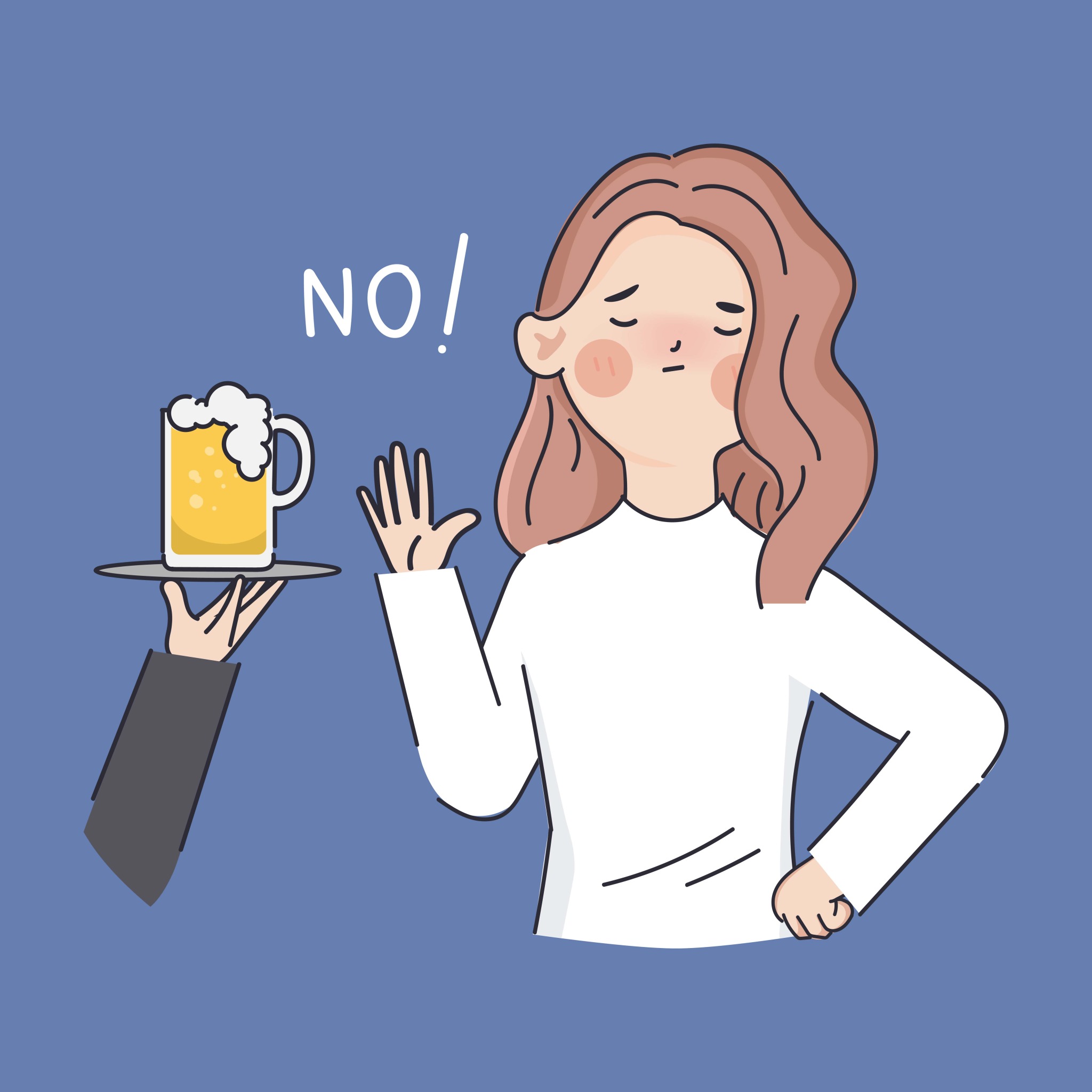When a person is told they have diabetes, a lot of questions naturally come into the mind. Some advise eating wheat, while others advise reducing out on carbohydrates. One of the most individualized topics, managing diabetes calls for a high level of awareness in order to adhere to the proper routine, which varies from person to person. Patients with diabetes need to understand what causes their blood sugar levels to rise and fall as well as how to manage them on a daily basis.
Here are a few daily habits that help diabetes patients live more easily.

Exercise and Physical activity is very important part of your diabetes management. Your muscles use sugar (glucose) as energy while you workout. Your body uses insulin more effectively when you exercise frequently. Together, these elements lower your blood sugar levels. However, even simple tasks like housework, gardening, or standing for extended periods of time might lower your blood sugar.
Also, read: A Complete Guide to Understanding and Managing Your Diabetes Health
Before, during, and after exercise, check blood sugar levels, especially if you take insulin or other blood sugar-lowering drugs. Even a day after exercise, blood sugar levels can be reduced. This is particularly true if the exercise is new to the individual or if the exercise is more intensive. Be on the lookout for symptoms of low blood sugar, such as weakness, fatigue, hunger, dizziness, irritability, anxiety, or confusion.
In order to recommend a routine that fits with the food and medications, consult your doctor or fitness professional. Before starting a workout routine if a person has been inactive for a very long time, it is ideal to have a general check-up.

Healthy life, whether or not you have diabetes, starts with good nutrition. You must understand how foods impact your blood sugar levels if you have diabetes, though. Not only is it what you eat, but also how much you consume and the combinations of different food varieties you consume.
Plan each meal should contain a well-balanced combination of carbs, fruits, vegetables, proteins, and fats. Certain sources of carbs, such those found in fruits, vegetables, and whole grains, are healthier than others. Low-carbohydrate, high-fiber foods assist maintain more stable blood sugar levels. The best dietary options and the proper balance of food kinds can be discussed with the doctor, nurse, or nutritionist.
Also, read: Superfood for Diabetes
Beverages with added sugar typically have high calorie content and provide relatively little nutrients. It is advised to stay away from these beverages as they have a tendency to produce rapid blood sugar increases.

Diabetes and dehydration commonly coexist. Diabetes happens when the body doesn't create enough insulin, resulting in too much sugar in the blood, which forces the kidneys to work extra hard to filter and absorb. Staying hydrated and drinking plenty of water or other fluids can help prevent diabetes.

Blood sugar levels may rise as a result of the hormones the body produces in reaction to prolonged stress. Additionally, if someone is under a lot of additional stress, it could be more difficult to properly adhere to the typical diabetes management plan. When someone is aware of how stress impacts blood sugar levels, they can reduce stress by learning relaxation techniques, creating boundaries, and prioritizing their activities. Additionally, exercise helps reduce blood sugar and relieve tension.

Avoiding excessive amounts of beer, wine, and alcoholic beverages may make it easier to manage your blood sugar. Don't go overboard if you decide to drink. According to the American Diabetes Association, men and women who drink should each limit their intake to two drinks per day. Alcohol can cause an excessive rise or fall in blood sugar levels. Before consuming alcohol, check your blood sugar and take precautions to prevent lows. Eat when you're drinking if you have diabetes and use insulin or other medications. Take this into consideration while counting carbs since some beverages, such as wine coolers, may have more of them.

Blood sugar levels can significantly fluctuate throughout during menstruation due to changes of hormone levels.
Look for trends and monitor your blood sugar levels month to month. This will make it simpler to recognize blood sugar fluctuations and modify the diabetes treatment plan as necessary. To adjust for variations in blood sugar, the doctor may suggest adjusting the diet, increasing activity levels, or using diabetes drugs.
To live a healthy life with diabetes is to check blood sugar level more frequently. Ask the doctor if the lady needs to have her blood sugar levels checked more frequently if she is thought to be going through or close to menopause. The blood sugar should always be checked before treatment because menopause symptoms can also be mistaken for low blood sugar symptoms.